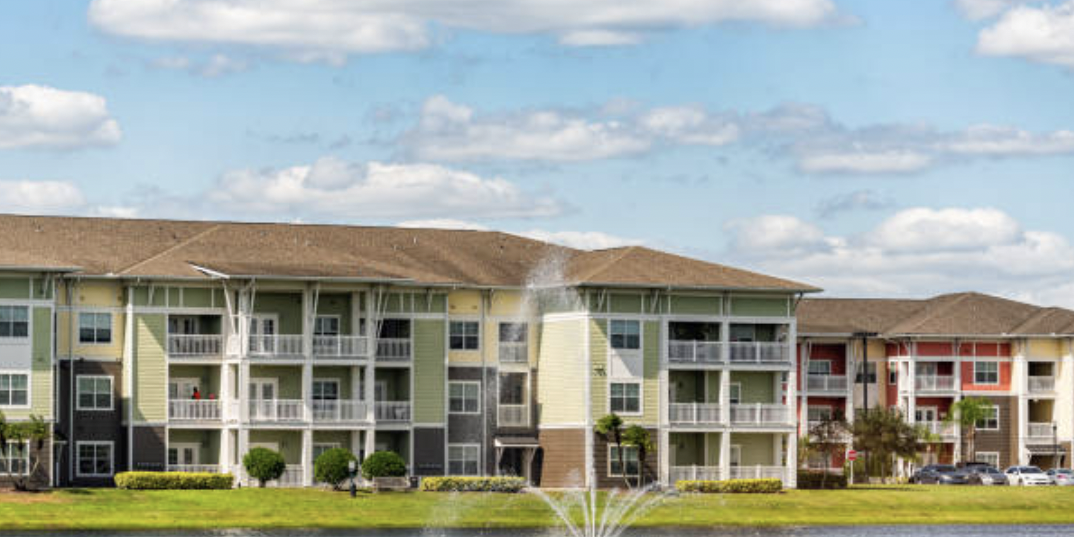Overview
Before the enactment of the Inflation Reduction Act of 2022, a $2,000/unit New Energy Efficient Home Credit (NEEHC) was available to eligible contractors for qualified new energy efficient dwelling units leased to tenants before Jan. 1, 2022. Each dwelling unit had to satisfy specified energy saving requirements to qualify for the credit. The credit under prior law has been extended to dwelling units leased to tenants before Jan. 1, 2023.
Summary Of The Former §45L Tax Credit
Receive $2,000 for each qualified new energy efficient unit. General requirements are:
Be an eligible contractor who owns a multi-family or senior-living dwelling.
The building must have a minimum of 50 units but be three stories or less.
The dwelling must be certified to have a level of heating and cooling energy consumption at least 50% below that of a reference unit.
The New Law Under The Inflation Reduction Act of 2022
The Inflation Reduction Act of 2022 makes the credit available for qualified new energy efficient dwelling units leased before January 1, 2033. The amount of the credit ranges from $500-$5,000/unit, depending on which energy efficiency requirements the unit satisfies and whether the construction of the unit meets the prevailing wage requirements discussed below.
Energy Saving Requirements
Under the multi-family home requirements, a dwelling unit qualifies for the credit if:
1. the dwelling unit meets the most recent Energy Star Multifamily New Construction National Program Requirements (as in effect on either January 1, 2023, or January 1 of three calendar years before the date the dwelling was acquired, whichever is later), and
2. the dwelling unit meets the most recent Energy Star Multifamily New Construction Regional Program Requirements applicable to the location of the dwelling unit (as in effect on either January 1, 2023, or January 1 of three calendar years before the date the dwelling was acquired, whichever is later); or
3. the dwelling unit is certified as a Zero-Energy Ready Home under the Zero-Energy Ready Home Program of the Department of Energy as in effect on January 1, 2023 (or any successor program determined by the Secretary)
Prevailing Wage Requirements
Under the prevailing wage requirements, for any dwelling unit which is part of a building eligible to participate in the Energy Star Multifamily New Construction Program, the taxpayer must ensure that any laborers and mechanics employed by the taxpayer or any contractor or subcontractor in the construction of the residence are paid wages at rates not less than the prevailing rates for construction, alteration, or repair of a similar character in the locality in which the residence is located as most recently determined by the Secretary of Labor. Failure to satisfy the prevailing wage requirements can be cured under rules similar to those of §45{b){7)(B).
Observation
§45{b){7)(B) provides that a taxpayer that fails to satisfy the prevailing wage requirements will be deemed to have satisfied those requirements if it (a) pays to each affected worker an amount equal to the difference between the amount actually paid and the amount which would have been paid under the prevailing wages rules, plus interest, and {b) pays a $5,000 penalty per affected worker. If the failure is deemed intentional, the penalty is 3x the difference and $10,000 per worker. All payments must be made NLT 180 days after the final determination.
Regulations. IRS is to prescribe regs and other guidance as necessary to carry out the purposes of the prevailing wage requirements, including regs or other guidance which provides for requirements for recordkeeping or information reporting for purposes of administering the prevailing wage requirements.
Credit amounts (for dwelling units leased after Dec. 31, 2022):
Prevailing wage requirement not met:
$500/unit for Energy Star-certified units
$1,000/unit for Zero-Energy Ready-certified units
Prevailing wage requirement met:
$2,500/unit for Energy Star-certified units
$5,000/unit for Zero-Energy Ready-certified units
Effect on basis of property generating an NEEHC. Under the Act, the reduction in the increase in the basis of property resulting from an expenditure generating an NEEHC by an amount equal to the NEEHC doesn’t apply in determining the adjusted basis of any property under §42 (the low-income housing credit).
Effective Date
These provisions generally apply to dwelling units leased after December 31, 2022. However, the extension of the credit by Act §13304(a) applies to dwelling units leased after December 31, 2021. Therefore, the original §45L program is in effect for units lease by 12/31/2022.

